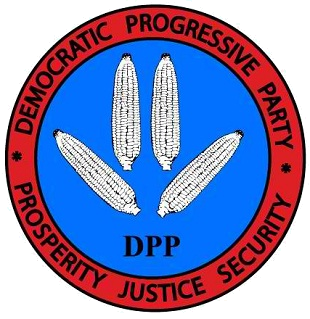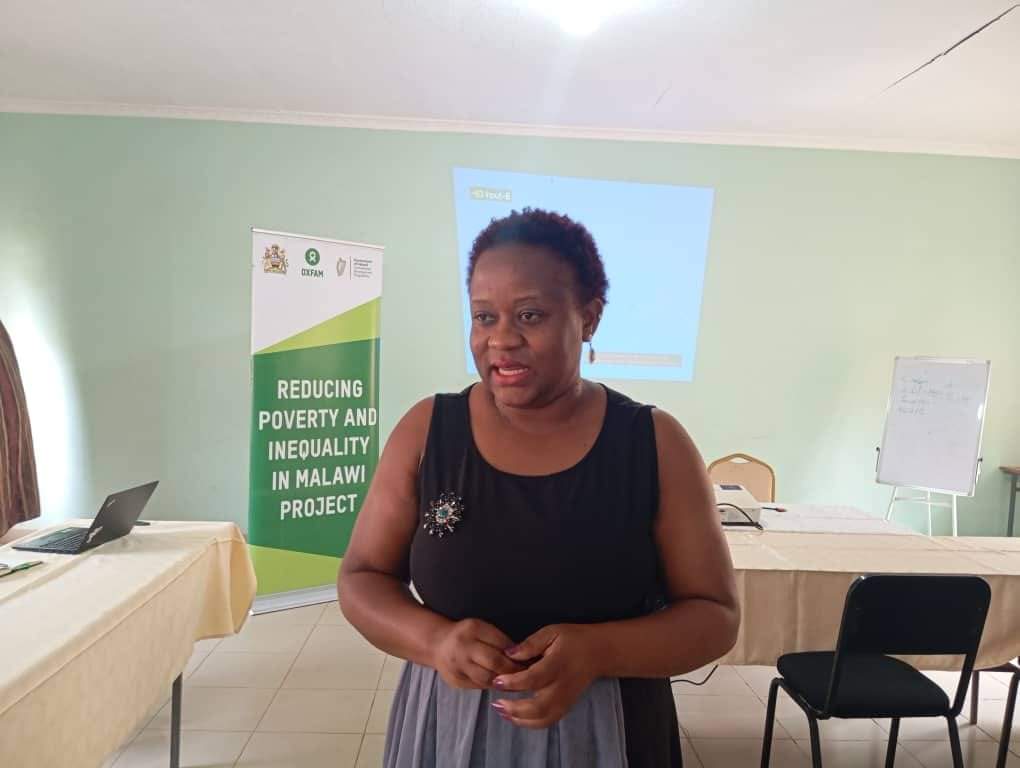By Burnett Munthali
As Malawi’s political temperature rises in anticipation of the 2025 elections, a dramatic shift is unfolding on the national stage. In a surprising twist, the Democratic Progressive Party (DPP) has managed to rally AFORD, UTM, and UDF to its convention this weekend at the COMESA Hall in Blantyre. This development is more than just a scheduling coincidence; it signals a potential seismic shift in the political landscape.
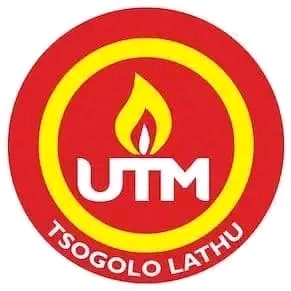
This article aims to delve into the significance of AFORD, UTM, and UDF’s acceptance of the DPP’s invitation and the strategic implications of their attendance. With the daunting 50+1 electoral threshold on the horizon, these alliances could be pivotal in shaping the 2025 electoral outcome.
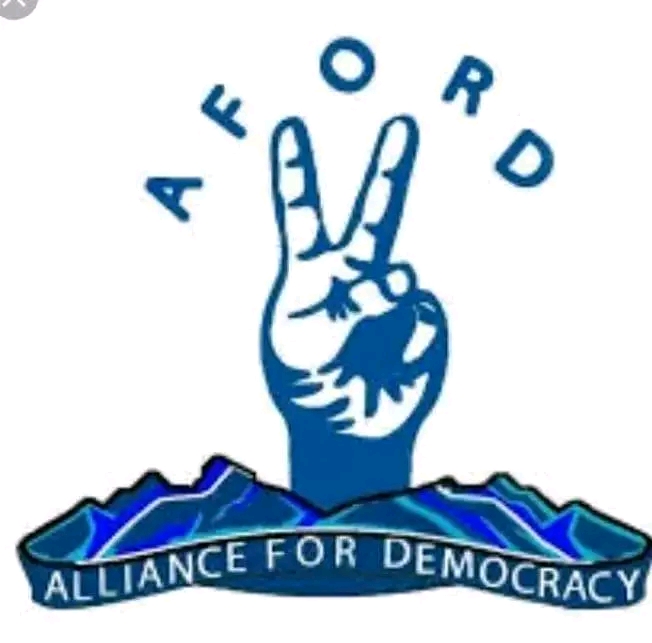
According to Malawi Voice, the confirmation of AFORD, UTM, and UDF’s participation at the DPP convention has set the stage for high-stakes negotiations. Each party is expected to send a high-powered delegation, including their party presidents, underscoring the seriousness of this engagement. Analysts suggest that the DPP’s invitation is a calculated move designed to forge critical alliances as they prepare for the electoral battle ahead.
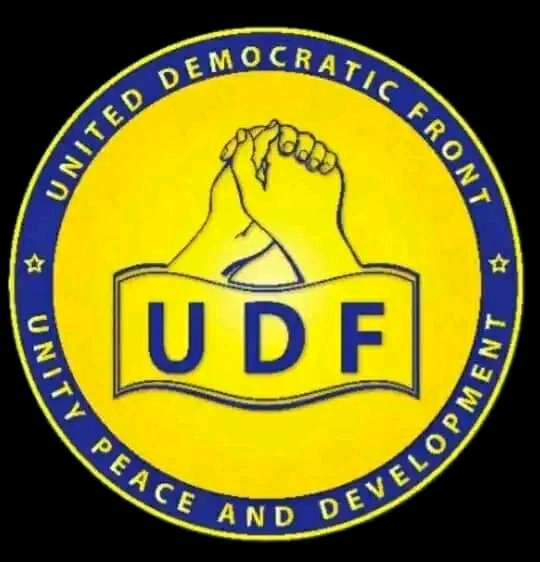
Political experts are describing the DPP’s outreach as a “tactical approach” to navigate the complex dynamics of the 50+1 voting requirement. This strategic gesture could be a game-changer, influencing how parties align themselves and strategize for the upcoming elections. The maneuver highlights the urgency of coalition-building in a highly competitive political environment.
The attendance of these key opposition parties at the DPP convention is a development to watch closely. It raises questions about potential alliances and shifts in political strategy as parties vie for dominance. The upcoming discussions and agreements could redefine the political battleground as Malawi approaches the 2025 elections.
As Malawi’s political drama unfolds, stay tuned for further updates on how these alliances will impact the path to the 2025 elections. The political landscape is shifting, and the stakes are high as new alliances and strategies emerge

